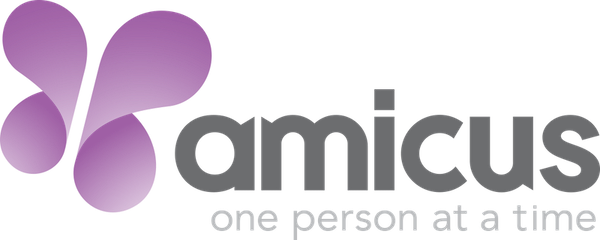It's okay to complain.
This fact sheet is about how to make a complaint about your care or how we treat you.
A complaint is telling somebody you are not happy.
Tell us your complaint so we can try to fix the problem.
How to make a complaint
Step One: Tell us about your complaint
Talk to the person involved first to try to fix the problem.
If you don’t want to talk to them, you can tell us instead.
You can make a complaint on our website
You can call us on
Send an email to
Send a letter
to 113 Williamson Street, Bendigo
VIC 3550
Visit our office
at 113 Williamson Street, Bendigo
Who else can help you with your complaint?
You can choose a support person to help you make a complaint or do it for you.
You could choose a support service provider, a friend, family member or an independent advocate.
An independent advocate is a person who is on your side and no one else’s.
Click on Disability Advocacy Finder to find an advocate.
We can also help you choose the right person to help you.
You can choose to tell an external agency about your complaint if you want to.
An external agency is another business that is not part of Amicus.
The external agencies that you can contact are listed below:
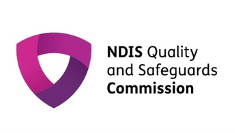
NDIS Quality and Safeguards Commission
1800 035 544
contactcentre@ndiscommission.gov.au

National Disability Insurance Agency
1800 800 110
feedback@ndis.gov.au

Aged Care Quality and Safety Commission
1800 951 822
audit.feedback@agedcarequality.gov.au
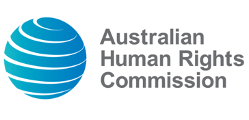
Australian Human Rights Commission
1800 620 21
www.humanrights.gov.au

DFFH
1300 884 706
www.dhhs.vic.gov.au/making-complaint

Victorian Ombudsman
1800 806 314
www.ombudsman.vic.gov.au
Step Two: What happens when you make a complaint
You need to tell us all about the problem so we can help to fix it.
If you have asked someone to make a complaint for you, we may ask them if we can speak with you so we can understand better.
If we need to speak to someone else, we will ask your permission.
Giving us your permission means telling us it’s ok with you.
You don’t have to give your permission.
We will tell you that we have your complaint in a way that you understand.
We will talk to you about what happened.
We will ask you what you want to happen next.
Sometimes we will investigate what happened.
Investigate means we will find out more about what happened.
We will tell you what we will do to fix your complaint.
We will check you are happy with how we fixed your complaint.
If you are happy, we record your complaint in our Complaints Register and we don’t take any more steps.
A register is an official list of names or items.
If you are not happy, we will tell you what choices you have for a review.
A review is where we look at the complaint again to see if there is a different way to fix it.
We may need to share your complaint with an external agency to help.
What happens if we have to investigate
Investigate means finding out more about what happened.
We might have to speak with different people or agencies who represent your safety and rights.
Rights are rules and laws about what you can do and have.
If your complaint involves serious injury or risk to you and other people like
• abuse
• assault
• neglect
We may report this to the police and an external agency.
We will try to fix your complaint in 28 business days.
If it takes longer we will tell you.
What if you want to withdraw your complaint?
Withdrawing a complaint means you want to stop the complaint.
If you want to do this you need to tell us.
To stop your complaint, you can call us on
We will send you a letter that says
• that you asked us to withdraw your complaint
• the reason you gave us for withdrawing your complaint.
We will record this on our Complaints Register and stop the complaint.
If made your complaint to an external agency, they will need to tell us to withdraw your complaint.
An external agency has the power to make decisions and make sure that laws are followed.
Step Three: Ending your complaint
When a complaint is resolved, we will tell you.
Resolved means that your complaint has been fixed.
When the complaint is resolved, we may send a letter
• to you
• to any other person with disability also affected by the complaint
• to any of our staff involved in the complaint.
We will tell you about:
• the decision that was agreed
• how we made the decision
• any actions that you or our staff members need to take
• your right to have the decision reconsidered
• your right to seek extra support from an advocate or chosen support person.
What if you disagree with the complaints process or decision?
If you are concerned about how we handle your complaint, please contact us.
Call us on
or email feedback@amicus.org.au
You can request for the decision to be reviewed.
This is called an appeal.
An appeal is where you can apply to a higher court to change the decision of a lower court.
Someone new will look at your complaint to see if the decision was fair.
You have 6 weeks to ask for an appeal after you receive the letter.
If you have a complaint about discrimination
Discrimination is being treated unfairly or in a way which breaches your human rights.

If you experience disability discrimination or any other type of discrimination you can contact the Australian Human Rights Commission.
Visit the Australian Human Rights Commission Website www.humanrights.gov.au
Call the Australian Human Rights Commission on 1800 035 544
